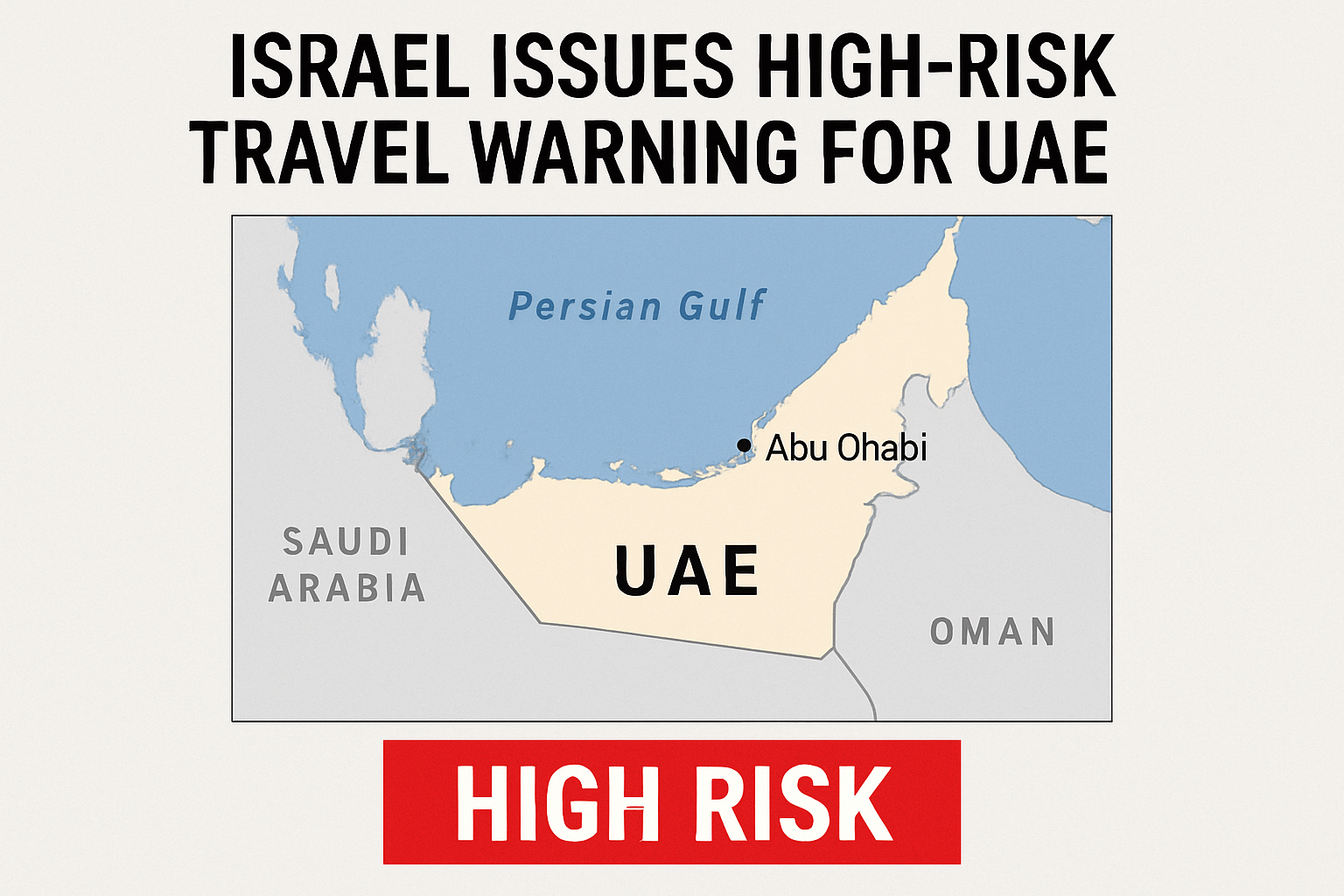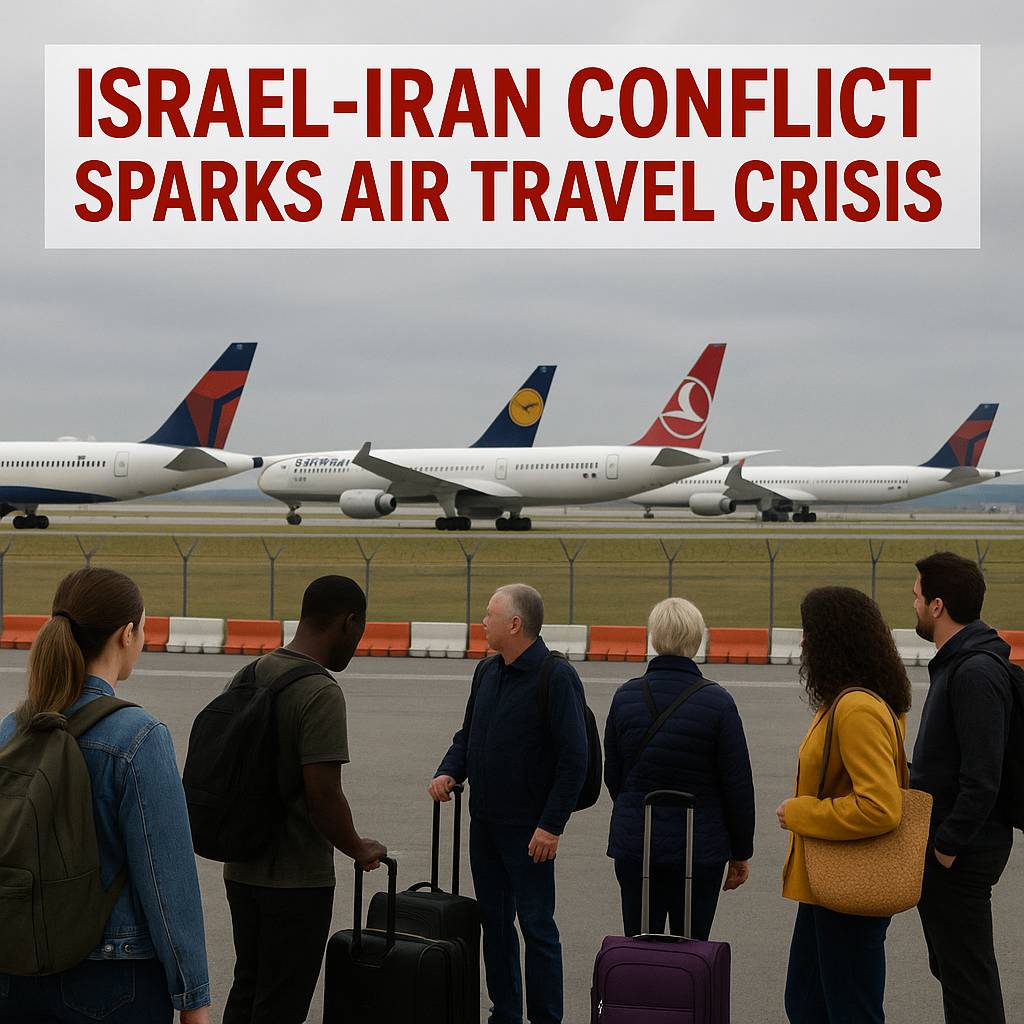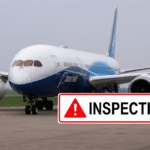June 17, 2025 — Global Travel Alert:
The escalating military confrontation between Israel and Iran has sent shockwaves through global aviation networks, causing an unprecedented crisis in air travel across the Middle East. With missiles in the sky and retaliatory attacks on the ground, multiple countries have closed their airspace, resulting in dozens of airport shutdowns, thousands of flight cancellations, and tens of thousands of stranded travelers.
This comes after a series of Israeli airstrikes on Iranian military and nuclear sites, including a highly sensitive facility near Qom, reportedly prompted Iran to launch retaliatory attacks. The chain of escalation has not only sparked fears of a regional war, but also paralyzed civilian aviation from Tehran to Tel Aviv and beyond.
Airspace Closures and Grounded Flights Wreak Havoc
Countries across the Middle East, including Iran, Iraq, Syria, Lebanon, and Israel, have either partially or completely closed their airspace to commercial traffic. In a cascading effect, international carriers have suspended operations, while others are being forced to reroute flights via Cyprus, Turkey, and other peripheral hubs.
Israel’s Ben Gurion International Airport (TLV), one of the region’s busiest aviation gateways, has been closed “until further notice,” affecting both incoming and outgoing flights. The closure has left over 50,000 Israeli travelers stranded abroad, and has impacted thousands more across connecting flights.
El Al, Israel’s national airline, along with Arkia and Israir, has repositioned much of its fleet to Larnaca, Cyprus, leading to logistical bottlenecks for passengers and crews alike.
Personal Stories Highlight Human Toll
The impact on travelers is dire. Aimal Hussein, a 55-year-old Afghan businessman, found himself stuck in Qom, Iran, after Israeli missiles struck near his hotel. “Flights, markets, everything is closed, and I am living in the basement of a small hotel,” he shared. Hussein is one of many foreigners caught off-guard as Iranian airspace shut down entirely, making evacuation near-impossible.
Indian students, tourists, and business travelers are also among those seeking urgent repatriation. Arsalan Ahmed, a medical student in Iran, said, “We can hear explosions every night. We’re sheltering underground and trying to contact our embassy, but it’s chaos.”
Meanwhile, Zvika Berg, an Israeli citizen flying from New York to Tel Aviv with El Al, described how his plane was diverted mid-air to Larnaca, Cyprus. “I’m stuck in a hotel, waiting for any news. It’s unclear when I can get home,” he said.
Airlines and Airports Grapple with Mounting Pressure
The aviation sector is scrambling to manage the fallout. Airlines from the U.S., Canada, Europe, and Asia have suspended services to the affected region, including major players like Air Canada, British Airways, Lufthansa, Qatar Airways, and Turkish Airlines.
Flights through the Baghdad Flight Information Region (FIR) have been halted due to missile activity, while airports in Syria, Iraq, Lebanon, and Jordan have either ceased operations or imposed extreme flight limitations. The closure of these air corridors has created major delays, diversions, and cancellations for flights even far beyond the Middle East.
Mahala Finkleman, a Canadian tourist in Tel Aviv, is now sheltering in a hotel bunker after her Air Canada flight was cancelled. “Every night we hear sirens. It’s terrifying. No one knows when we can fly out,” she said.
Aviation Experts Warn of Prolonged Disruptions
Industry analysts and retired pilots warn that the situation may escalate further before it stabilizes. John Cox, a former pilot and aviation safety analyst, likened the ripple effect to a domino collapse of global air travel logistics.
“When airports are suddenly shut, you’ve got passengers, aircraft, and flight crews in the wrong places. Rescheduling becomes a nightmare, especially during peak summer season,” Cox explained.
With air traffic control services compromised and key aviation corridors inaccessible, carriers are now conducting risk assessments and rerouting operations, often adding hours of flying time and significantly increasing costs.
Travel Advisories and Government Responses
In response to the conflict, numerous countries including the U.S., UK, Canada, India, and Germany have issued Level 4 “Do Not Travel” advisories for both Israel and Iran. Citizens currently in these countries have been urged to seek shelter and avoid non-essential movement.
India’s Ministry of External Affairs confirmed it is coordinating with embassies in Tehran and Tel Aviv to facilitate evacuation efforts for Indian nationals, especially students. Special flights or repatriation corridors may be announced subject to security assessments.
Tourism and Aviation Industries Face Heavy Blow
The conflict comes at a time when Middle Eastern tourism had begun recovering from COVID-19 setbacks. Israel and Iran were both witnessing an uptick in religious and cultural tourism, with airlines ramping up frequencies. That recovery is now halted as war fears cast a dark shadow over regional tourism.
Airlines operating in the Middle East now face not only lost revenues, but also insurance and risk management challenges. Underwriters may review coverage terms for war zones, while governments consider military escorts for civil aviation in extreme scenarios.
Conclusion
As the Israel-Iran conflict intensifies, the global travel industry finds itself at the frontline of collateral damage. With airports closed, flights grounded, and thousands stranded, the crisis underscores how deeply geopolitical events can disrupt aviation and tourism. Until peace prevails or stability returns, international travel to the Middle East will remain highly volatile—forcing airlines, governments, and passengers into a waiting game filled with uncertainty.
For more travel news like this, keep reading Global Travel Wire





















